When did these Countries Take Control of the World?

The lesson explores the geopolitical significance of countries like Djibouti and Kuwait, highlighting their strategic roles in global trade and military presence. Djibouti’s control over the Bab-el-Mandeb Strait is crucial for international shipping, while Kuwait’s oil reserves and historical challenges illustrate its importance in regional dynamics. Additionally, the lesson touches on the complexities of citizenship and global mobility, emphasizing how these factors influence international relations and economic security.
Why Living in Ancient Greece was "Horrifying"
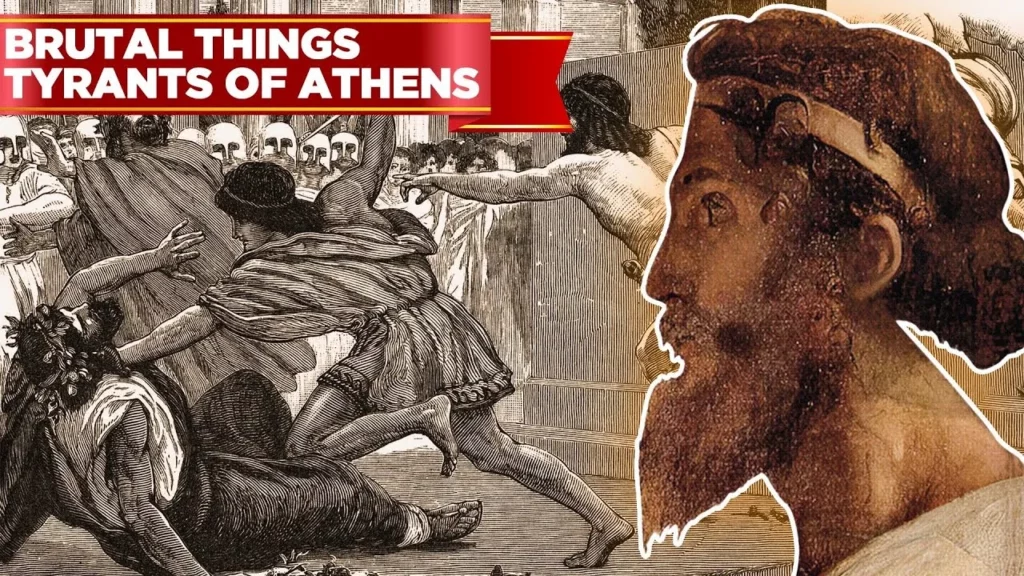
The lesson discusses the tumultuous period in ancient Athens during and after the Peloponnesian War, highlighting how the city-state faced multiple disasters, including a plague and military defeats, which led to the fall of its democratic government. After being conquered by Sparta, Athens was ruled by the oppressive Thirty Tyrants, who implemented harsh laws and instilled fear among the populace, resulting in internal conflict and rebellion. Ultimately, the tyrants were overthrown, and democracy was restored, marking a significant shift in Athenian governance and society.
What Punishment Was Like in Imperial Japan
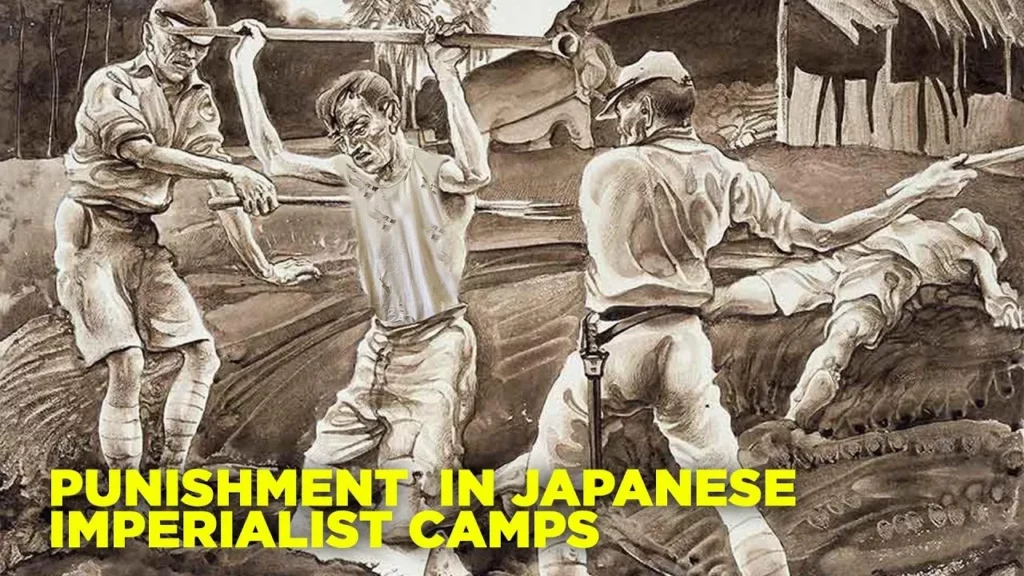
The lesson on punishment in Imperial Japan highlights the intricate blend of traditional values and Western influences that shaped the legal system during this period of modernization. It discusses various forms of punishment, including corporal punishment, imprisonment, and capital punishment, emphasizing their roles in reinforcing societal norms and maintaining order. Ultimately, the punishment system reflects Japan’s efforts to adapt to a changing world while preserving its cultural identity.
What Hygiene was Like in Ancient Egypt
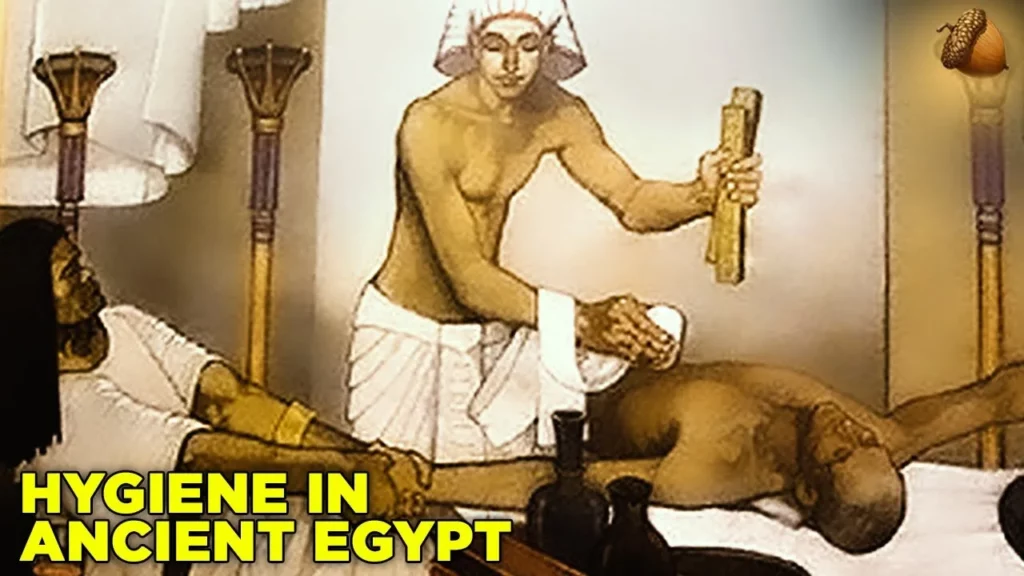
The lesson explores the hygiene practices of ancient Egyptians, highlighting their unique methods for maintaining cleanliness in a challenging environment. Egyptians dealt with issues like lice and mosquitoes through hair removal and protective structures, while also emphasizing personal hygiene through daily bathing, early dental care, and the use of cosmetics and perfumes. Despite some unsanitary practices in food preparation, cleanliness was considered essential, reflecting their belief that the body was a temple.
BRUTAL Things That were "Normal" For Maximilien Robespierre
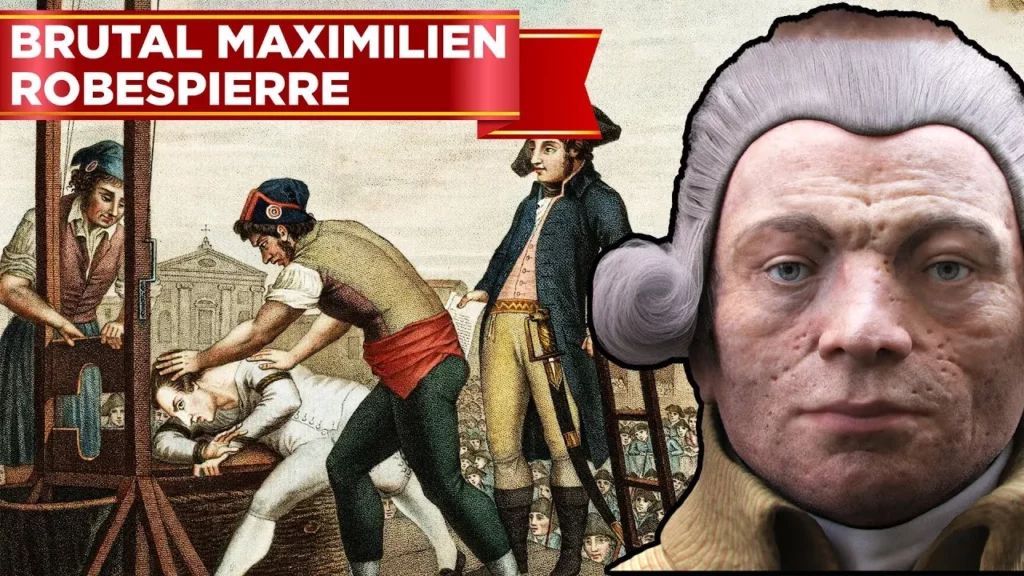
The lesson explores the complex legacy of Maximilien Robespierre during the French Revolution, particularly his role in the Reign of Terror, a period marked by extreme violence and mass executions. While Robespierre aimed to protect the revolution and support the poor, his implementation of harsh laws, such as the Law of Suspects and the Law of 22 Prairial, led to the unjust execution of thousands, including notable figures like Marie Antoinette. Ultimately, Robespierre’s increasing paranoia and authoritarian measures resulted in his downfall and execution, highlighting the paradox of his revolutionary ideals and the brutal reality of his actions.
How To Get Away With Murder In The Wild West
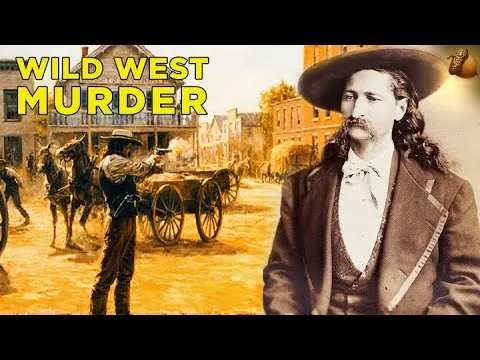
In this lesson on justice in the American Wild West, we explore how the lack of formal law enforcement led to a unique system of justice governed by an honor code among cowboys. Key topics include the rarity of gun duels, the challenges of maintaining law and order in rapidly growing towns, and the role of vigilantes and posses in enforcing justice. The lesson highlights the complexities of survival and morality in a lawless environment, inviting reflection on whether one could navigate such challenges.
The First Opium War of the Victorian Era
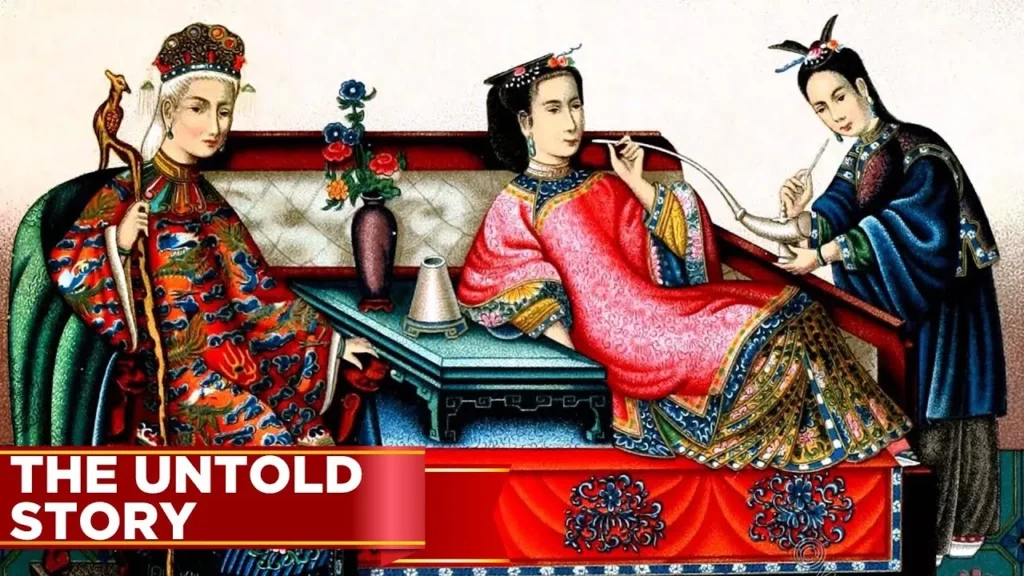
The lesson explores the First Opium War, highlighting the role of British imperialism and the opium trade in exacerbating tensions between Britain and China during the Victorian Era. It discusses how the British government, driven by economic interests, exploited the opium crisis, leading to significant social and political consequences for China, including the decline of the Qing Dynasty and the eventual loss of Hong Kong. The lesson also emphasizes the efforts of Lin Zexu to combat the opium trade and the subsequent outbreak of war, which ultimately reinforced the opium trade rather than curbing it.
Welcome to The Countries with No Laws
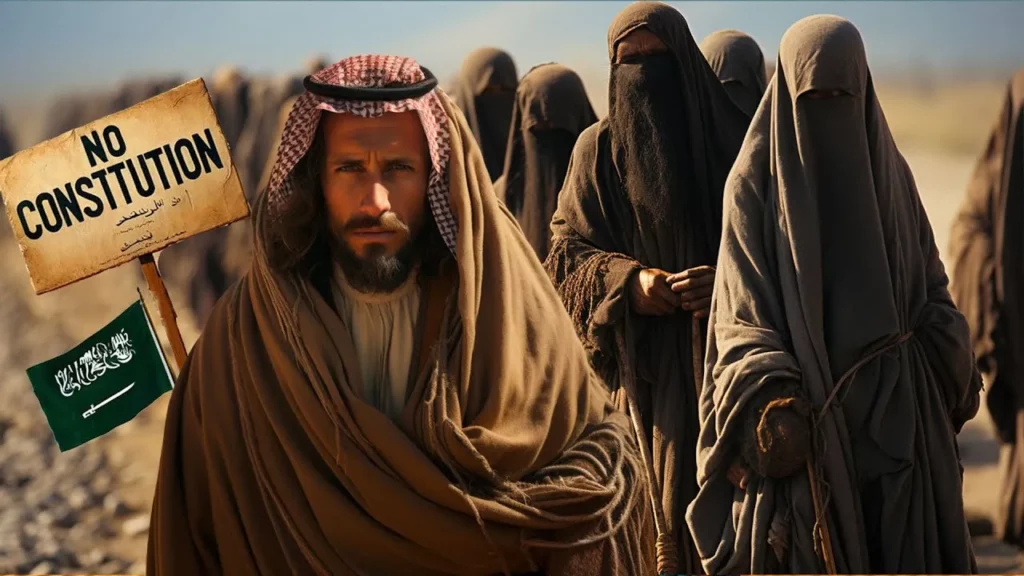
The lesson explores the concept of governance in countries that either lack a formal Constitution or operate under unique legal frameworks. It highlights examples such as Eritrea, which has a repressive government without a functioning Constitution; Israel, which has delayed its constitutional process; Saudi Arabia, where the Quran serves as the primary legal source; and the UK, which relies on an unwritten constitution. Ultimately, the lesson emphasizes the diversity in governance structures and the various approaches nations take in defining their legal systems.
What Punishment was Like in The Belsen Nazi Camp During WWII
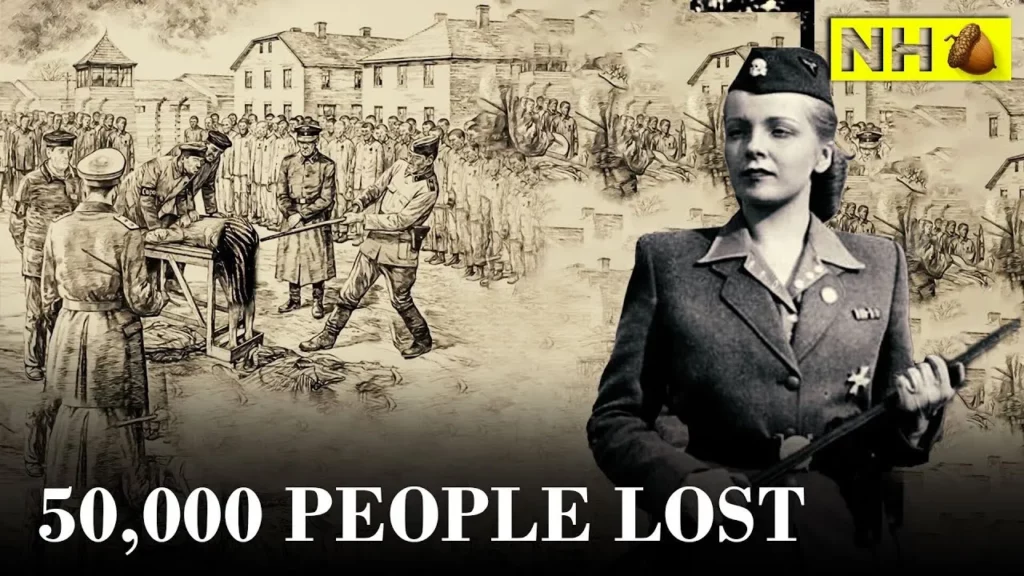
The lesson emphasizes the importance of setting boundaries and recognizing when a request cannot be fulfilled. It highlights the need for clear communication and the ability to say no while maintaining respect and professionalism. This approach fosters healthy interactions and ensures that one’s capabilities and limitations are acknowledged.
Evidence Debunks Myths About Ancient Egypt
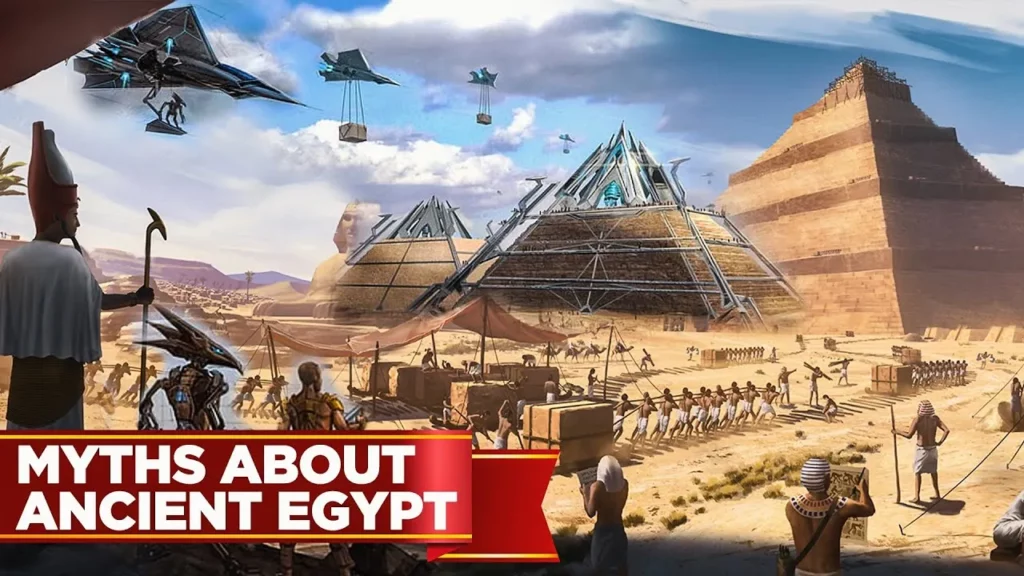
This lesson explores the intriguing myths and truths surrounding ancient Egypt, focusing on iconic elements such as the Great Sphinx, the burial practices of pharaohs, the life of King Tutankhamun, and the construction of the pyramids. It debunks popular misconceptions, revealing that the Sphinx’s missing nose predates Napoleon, pharaohs did not employ elaborate traps in their tombs, and the pyramids were built by a respected workforce rather than enslaved individuals. Overall, the lesson highlights the importance of separating fact from fiction in understanding this remarkable civilization.